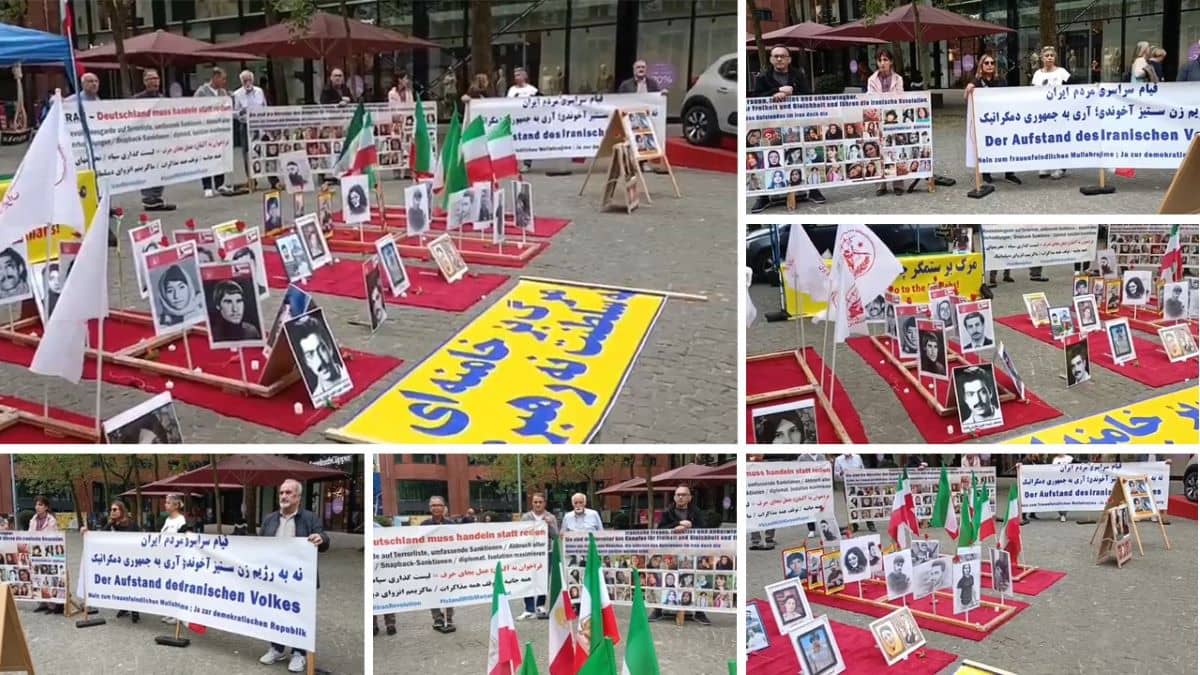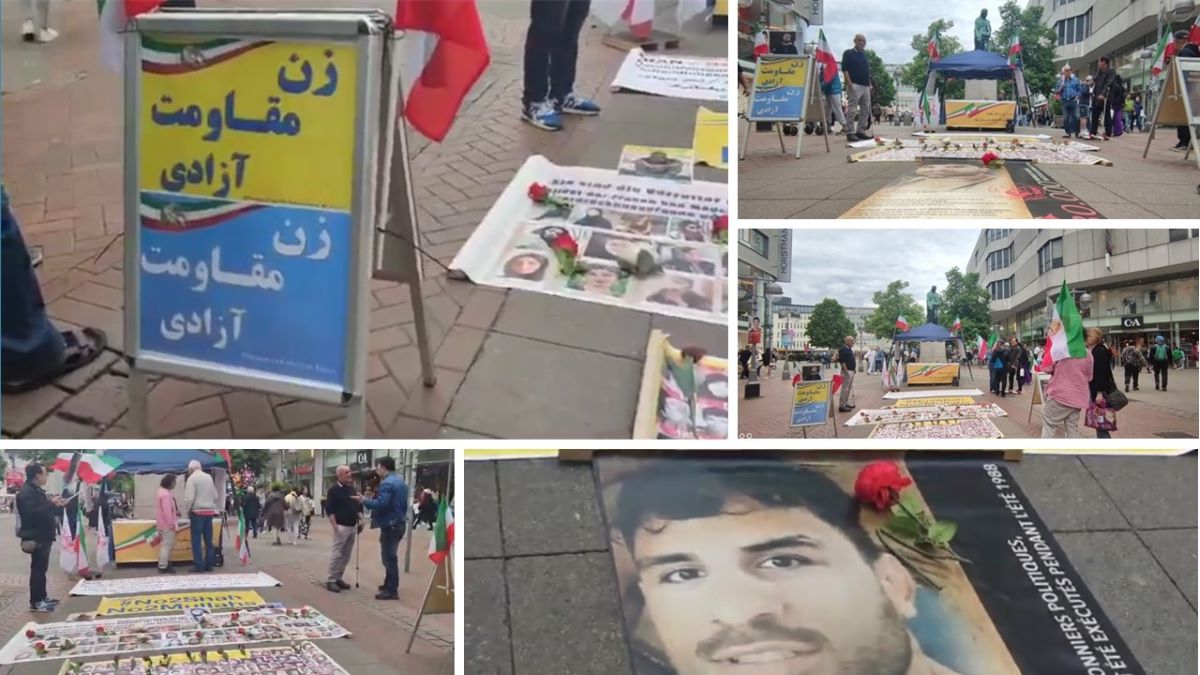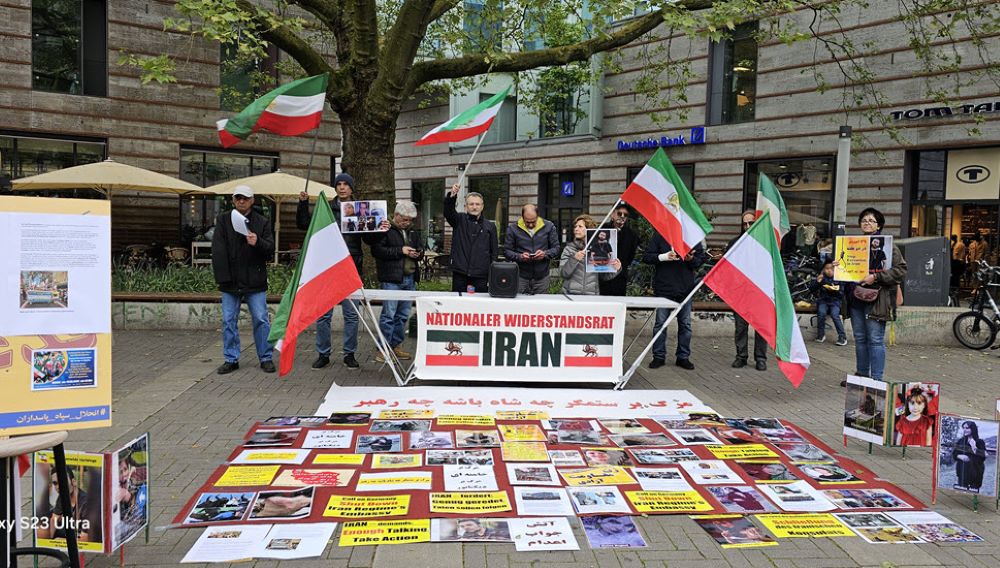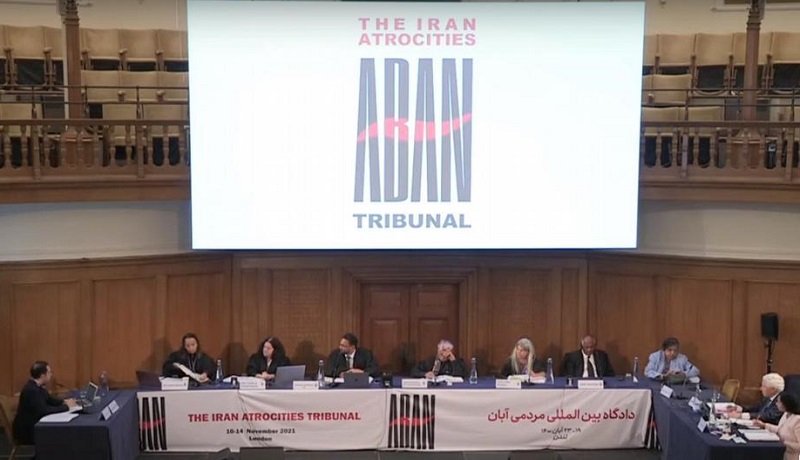
The Iran Atrocities Tribunal was held by a group of human rights advocates in London recently. Known as the ‘Aban Tribunal’, the five days of sessions were held to investigate the crimes against humanity committed by the Iranian regime during its brutal crackdown of the November 2019 uprising and were attended by the families of victims, detainees, and human rights supporters.
The President-elect of the National Council of Resistance of Iran (NCRI), Maryam Rajavi extended her appreciations to the organizers of the tribunal for “playing a noteworthy and effective role in detailed documentation of the crimes against humanity committed in November 2019 in Iran.”
I extend my appreciations to The Iran Atrocities #AbanTribunal, a popular and international mechanism, playing a noteworthy and effective role in detailed documentation of the crimes against humanity committed in November 2019 in #Iran.
— Maryam Rajavi (@Maryam_Rajavi) November 14, 2021
The NCRI said, “Aban Tribunal featured very shocking testimonies of families of victims and individuals arrested during and after protests.”
The sister of one of the victims explained that while she was there to defend her brother who was killed during the protests, she was unable to show her face as the regime have been placing heavy pressure on the victims’ families for discussing details of the crackdown and she has received death threats.
Another Iranian woman recalled being detained in prison and ordered to remove her clothes by a female prison guard. Soon after, five men entered the room with their faces covered and sexually abused her for refusing to confess her crime on TV.
Other witnesses highlighted the extensiveness of the protests during the uprising, with thousands of men, women and children demanding regime change.
The NCRI said, “In a nutshell, the November 2019 uprising portrayed an explosive society that has been yearning for change in the past four decades.”
Amnesty International has previously documented the torture of detained protesters in Iranian prisons in a report titled, ‘Iran: Trampling Humanity’. The report detailed the regime’s actions in the cases of torture and concluded that serious human rights violations had taken place.
A European source informed the organizers of the tribunal that the regime’s deputy foreign minister, Ali Bagheri-Kani threatened British officials in a meeting on Thursday, saying that if they failed to stop the tribunal, ‘he would immediately halt part of his nuclear negotiations’, which British officials later denied.
The NCRI said, “Aban Tribunal coincided with the ongoing trial of Hamid Noury in Albania. Hamid Noury, an Iranian former prison official, was arrested in Sweden in 2019 and is being tried for his role in the 1988 massacre of political prisoners.”
No one in Iran has been held accountable for the killings of hundreds of protesters + bystanders during nationwide protests in November 2019.
— IranHumanRights.org (@ICHRI) November 16, 2021
Now the #AbanTribunal is working to change that. https://t.co/hPaoapShWb
The first 34 sessions of the trial took place in Stockholm, but proceedings have been temporarily transferred to Albania to hear the testimonies of members of the People’s Mojahedin Organization of Iran (PMOI/MEK) who reside there at Ashraf 3, the MEK’s exiled home. MEK members were the main targets of the 1988 massacre, during which the regime executed over 30,000 political prisoners.
Witnesses present at Noury’s trial spoke about the atrocities they saw in Iran’s prisons and explained how the ‘Death Commissions’ immediately condemned prisoners to death by hanging. In Tehran, one of the four members of the ‘Death Commission’ was the regime’s current president Ebrahim Raisi. In 2019, as the head of the regime’s judiciary, Raisi oversaw the brutal crackdown on the November uprising and subsequent human rights abuses of the detained protesters.
The NCRI said, “The testimonies at both the Aban Tribunal and Noury’s trial portray the image of the genocidal regime ruling Iran. They also underline the fact that how criminals in Iran enjoy systematic impunity.”
When Raisi was selected as the regime’s new president in June of this year, The Secretary-General of Amnesty International Agnès Callamard said that the fact that Raisi rose to one of the highest positions in the regime, instead of being held accountable for his crimes against humanity, “is a grim reminder that impunity reigns supreme in Iran.”
The NCRI said, “Hamid Noury’s trial and Aban tribunal should set a precedent for the European countries to address crimes against humanity. Holding the regime in Tehran accountable would not only end its decades-long impunity but would certainly limit the regime from committing human rights violations.”


